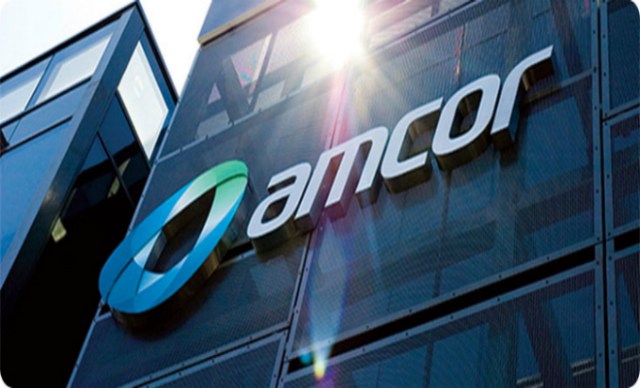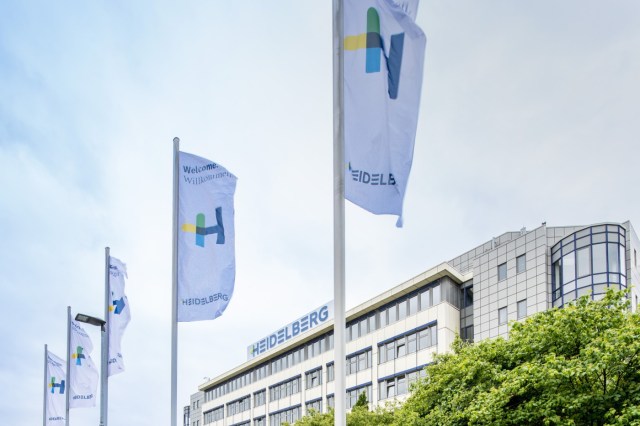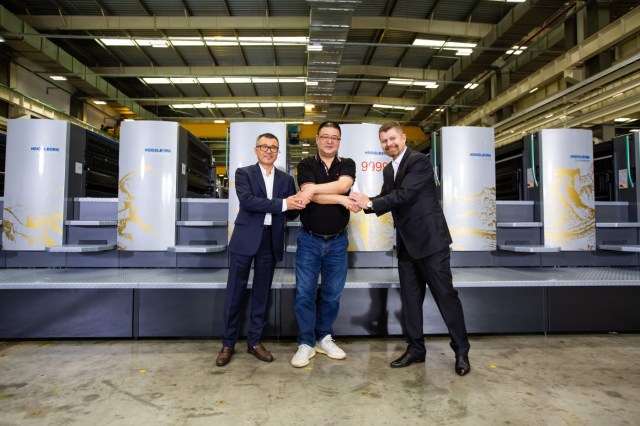
Heidelberg’s net sales for the first quarter of its 2020/2021 financial year dipped by a third from the previous corresponding period, amounting to approximately €330 million from €502 million in the same quarter last year.
However, the company mentioned that the transformation program that it launched in March to boost profitability, enhance competitiveness, and secure the company’s future managed to counter the “huge operational pressures” brought on by COVID-19 for the period from April 1 to June 30, 2020.
During the first three months of its financial year, the company’s incoming orders dropped by 44 per cent to €346 million from the €615 million it brought in the same time last year.
Besides the restrained investment activity caused largely by COVID-19, the company said this disparity is also due to the high level of incoming orders in the previous year, which it attributed to the China Print trade show.
“On June 30, the order backlog was €605 million and therefore markedly down on the same quarter of the previous year (€730 million). Clear signs of recovery from the effects of the COVID-19 pandemic emerged in the final month of the quarter under review,” it said.
“Compared to May, incoming orders rose by around 27 percent in June. This upward trend in new orders continued into the start of the second quarter in July, with incoming orders surpassing the total for June.”
Despite the challenging market development, Heidelberg achieved EBITDA excluding restructuring result of €60 million (up from €14 million in Q1 2019/2020), which it said was due to earnings of €73 million generated by restructuring the company pension plans.
Consequently, the net result after taxes in the quarter was positive, at €5 million (up from the €31 million loss in the previous year).
“Given that the net financial debt has been reduced to €122 million (previous year: €391 million), Heidelberg is in a financially stable position,” the company said.
“Thanks to the comprehensive package of measures in the transformation program, which includes improvements to structures and organisation, as well as the divestment of loss-generating business activities and peripheral elements of the portfolio, Heidelberg is on track to improve its profitability by some €100 million in the medium-term.”
Heidelberg CEO Rainer Hundsdörfer said the consistent implementation of its transformation program is helping the business maintain a stable course through the crisis.
“From a financial perspective, we are on a solid footing, are continuing to streamline our portfolio, and are already seeing the first positive effects of our cost-efficiency measures. At the same time, we are sensing a gradual recovery on the market and incoming orders are starting to increase again as a result,” he said.
“Our market initiatives are helping us consistently address our customers’ requirements in these challenging times. We are confident we will continue to perform well by having the right offerings and solutions.”
The company anticipates further positive effects in the forthcoming quarters from its cost-efficiency measures, along with additional earnings in the mid-double-digit million euro range from its sale of the Gallus Group, which is to be completed in the current calendar year.
Heidelberg also sold its Belgian subsidiary CERM N.V. at the end of July as part of a management buyout, with Heidelberg saying that the transaction will generate a gain on disposal of approximately €8 million.
“We are successfully working our way step by step through our transformation program. By focusing on our core business and our measures aimed at delivering added financial stability, we are laying foundations that will safeguard the future of Heidelberg,” the company’s chief financial officer Marcus Wassenberg said.
“We have already considerably enhanced our financial stability and the anticipated high revenues from the sale of the Gallus Group and CERM will give us an additional boost. The early repayment of the high-yield bond frees us up from high interest burdens on a sustainable basis, makes us more financially independent, and gives us additional room for manoeuvre. This helps us in the current economic crisis and with the long-term alignment of Heidelberg.”


